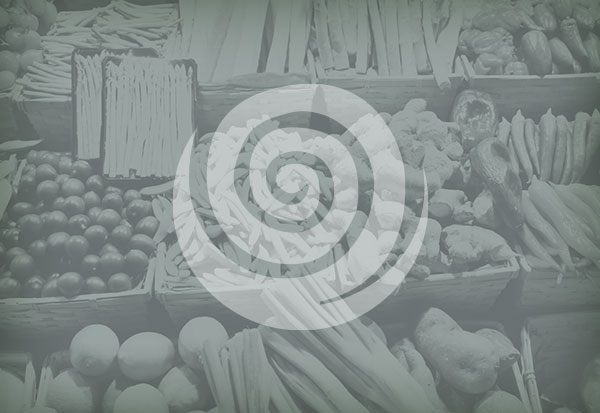Impostor Imports
Cornucopia Spotlights Abuses in the Organic Marketplace by Anne Ross, JD, Farm and Food Policy Analyst at The Cornucopia Institute Source: Adobe Stock To understand how the surge of organic imports is affecting organic farmers...

Cornucopia Spotlights Abuses in the Organic Marketplace by Anne Ross, JD, Farm and Food Policy Analyst at The Cornucopia Institute Source: Adobe Stock To understand how the surge of organic imports is affecting organic farmers...

Cornucopia’s Take: 10-20% of the products in Whole Foods currently come from local producers, giving small farmers a large venue for sales and improving the image of Whole Foods. Investors have demanded the company offer fewer products in order to cut costs, and local producers are left to wonder...

The Summer 2017 Cultivator, Cornucopia’s quarterly newsletter, is now available online.

Cornucopia’s Take: Despite Monsanto’s continuing objections, California regulators will add glyphosate to the state’s list of chemicals known to cause cancer. The company will have one year from the date of listing to either label their products, such as Roundup, as carcinogens or remove them from shelves. Monsanto has indicated...

Cornucopia’s Take: Dicamba is commonly used by conventional farmers to kill weeds in fields before planting. The timing of spraying is problematic as the herbicide is known to drift from the fields it is sprayed on and damage surrounding crops. Monsanto sold its dicamba-resistant seed to farmers prior to approval,...

Source: Heather We have added new documents from the USDA to our FOIA reading room. Of particular note, the USDA sent 89 pages in response to our Freedom of Information Act (FOIA) request for all records of deliberations surrounding the applications of Ashley Swaffer and Carmela Beck to the...

Cornucopia’s Take: In 2013 Syngenta rushed to sell their new line of GMO corn to farmers, even though China, a major buyer of U.S. corn, had not yet approved it. China rejected the new GMO corn and banned all shipments of U.S. corn, leaving the farmers with nowhere to...

Cornucopia’s Take: The FDA’s Produce Safety Rule will start going into effect next year. The cost to small farmers for implementing the proposed rules may well endanger the livelihoods of organic farmers and their customers’ access to safe and nutritionally superior local and organic food. Not all farms are...

Cornucopia’s Take: “Natural” is a marketing claim with little meaning, and questionable food companies regularly take advantage of consumer assumptions. In this case, Sanderson Farms has run afoul of even the very lax regulation of the word. “Natural” is no substitute for pasture-raised, certified organic chicken. Nonprofits Sue Third-Largest...

Cornucopia’s Take: Because of the timing and amount of water flowing through the Mississippi and Atchafalaya rivers, the large amount of nutrients carried to the Gulf of Mexico from farming and wastewater are causing algal bloom. When the algal bloom dies back, it will use oxygen to break down and...

Cornucopia’s Take: The Senate Agriculture Committee recently held a meeting to discuss the history and future of agricultural research in the U.S. President Trump’s proposed budget makes deep cuts to agricultural research programs. More research funding is needed, particularly for chronically underfunded organic agricultural research. AGRICULTURE RESEARCH HEARING EMPHASIZES...

Cornucopia’s Take: Cornucopia supports country of origin labeling (COOL) for food. COOL was passed in 2009, but in 2016, under intense pressure from industry, it was revoked. Cattle Ranchers Sue to Return Country-Of-Origin Labeling U.S. News & World Report by Nicholas K. Geranios, Associated Press Source: Jenny Mackness Ranchers...
The Cornucopia Institute, through research and investigations on agriculture and food issues, provides needed information to family farmers, consumers and other stakeholders in the good food movement and to the media.